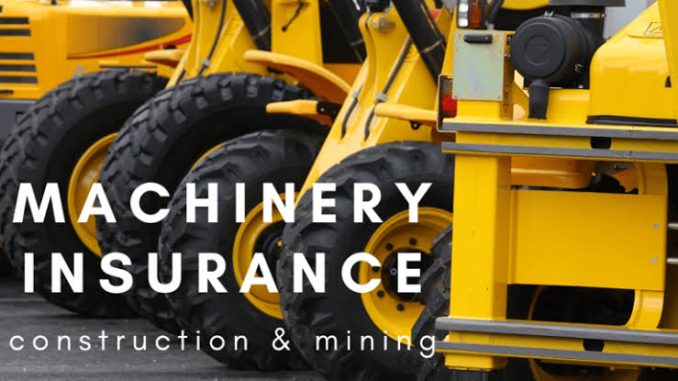
It is also one of the most multi-faceted industries. This is caused by a major reason: the fact that everyone can make the most of it, and it serves the needs of other industries. For example, while there are healthcare-related insurance plans, there are also machinery insurance plans for people in industries that require such.
It is not a question of whether one has insurance; rather, it basically centers on getting the right kind of coverage and making sure one has an appropriate insurer. On this note, this article emphasizes the fact that you have to make sure that you settle for machinery insurance policy that ticks all boxes. Some selection criteria aimed at steering you right shall now be discussed.
What to Look for in Machinery Operator Insurance
The decision to purchase this kind of liability coverage policy by companies or people dealing with heavy pieces of machinery is indeed a very great step in the right direction. However, it’s just not adequate to get insured; the appropriate policies must also be opted for. Enumerated below are some things to look out for in this spirit of ensuring it is so:
1. Equipment Coverage
First and foremost, remember that it is a big mistake to agree to any plan without looking at its policy agreement. Now that that has been made clear, one of the very important details within such an agreement would be the equipment coverage.
Now, this is where you pay keen attention to what the policy says in this regard. A good policy should ideally provide reasonable coverage against theft, vandalism, accidents, and even damage.
2. Property Damage Coverage
The damages may be covered on a very restrictive basis in some policies; for instance, the liability cover may not be applicable in situations where damage is caused to the client’s property, even if it is caused by the insured machine and/or its operator.
You are advised to subscribe to a plan that takes care of such damages as well. Still, against the backdrop of getting a very comprehensive coverage plan, opt for something that would still offer liability coverage during natural disasters and even fire outbreaks. You might want to click here for more on the importance of getting comprehensive insurance plans.
3. Experienced Insurer
Experience in this context is not just about the number of years that an insurer has been in operation. Furthermore, it is about the insurer’s portfolio.
More specifically, you want to be certain that the insurer is capable and willing to advocate on your best behalf. Ensure that the insurer represents experience in offering services to companies like yours for this reason.
Moreover, check the record of claims settlement. Anyway, your cross-examination should be especially directed at the financial stability of the insurer. Here are some tips to help you know whether an insurer is financially stable:
• Checking credit ratings
• Review reserve levels
• Reviewing financial statements
• Review of the investment portfolio
• Investigating claims payment to eligible clients
• Customer reviews and testimonials.
• Regulatory compliance and industry reputation
• Long-term stability and lifetime
Observing an insurer using the above-listed metrics can be quite a lot. Nonetheless, considering what is at stake, it’s worth the trouble to ensure that one has subscribed to an insurer that will not fail in its financial obligations.
4. Worker’s Compensation
Companies that have and make use of heavy pieces of machinery must also represent their workers’ best interests. Incidentally, companies that do so often get the best out of their workers. Bearing this in mind, strongly advised is opting for a plan that does not have workers’ compensation marginalized if/when the need arises. Medical expense coverage would be a prime example of how this could play out, along with the payment of lost wages.
Leave a Reply